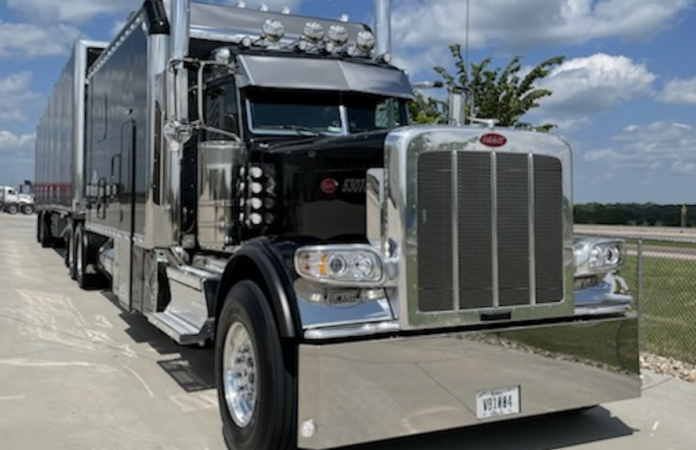It can be a big challenge to undertake the responsibility of establishing a trucking business. Yes, the field is lucrative, but the big steps, such as getting your operating authority, can make it physically and mentally draining. Many businesses even hire experts to do it for them to avoid mistakes.
The first thing you must know before heading for trucking authority is that operating authority can be used interchangeably with MC authority, DOT authority, MC Number, and USDOT Number. They act as a unique identifier to help FMCSA conduct inspections and monitor the safety score of your trucking company.
Here are the easy steps for you to get your hands on trucking authority.
- Apply with FMCSA
You cannot indulge in paperwork for authority right away. First, you must form your company, choose a business structure, and get your EIN number. The requirements for getting your basic paperwork done can vary in every state. Hence, you may want to check the requirements before starting.After your company is officially formed, you can ask yourself Do I need to get MC Number? The answer is yes. You can securely verify your intrastate authority in the home state and use the Unified Registration System (UNS) to file for authority. The filing fee is $300.
Insurance is an important part of running a trucking company. Unfortunately, this step can be very challenging for new companies. This is because most insurance companies do not provide insurance to companies with truck drivers who may have less than two years of experience.
However, your authority may not be considered without proof of insurance. Therefore, you may need to talk to multiple insurance companies to find the best insurance rates. This step can be challenging but may unlock a lot of doors of opportunity for your trucking business. The bigger picture will make all your struggles worth it.
- Get Important Registrations
There are many registrations that can add authority to your trucking business and may also help you get your MC number. You can begin by registering for Unified Carrier Registration (UCR). This registration can add motor carrier safety law and may charge you according to your fleet size.
Next, you can register for the International Registration Plan (IRP). This reciprocity agreement in the US provides payment of charges based on the interstate carrier’s mileage every year.
Finally, you may also want to file with an International Field Tax Agent (IFTA) for interstate commuting of your trucks. They tax you on a quarterly basis through the taxing authority.
- File Your Taxes
If you use trucks for conducting business interstate, you may have heard of Heavy Vehicle Tax returns. This tax return applies if your vehicle’s gross weight is more than 55,000 pounds. These taxes are filed with the IRA on an annual basis.
Some states, such as Kentucky, New Mexico, New York, and Oregon, have additional weight distance taxes. You may want to expedite this tax registration if you plan to send your trucks often through these states.
Brummionline


